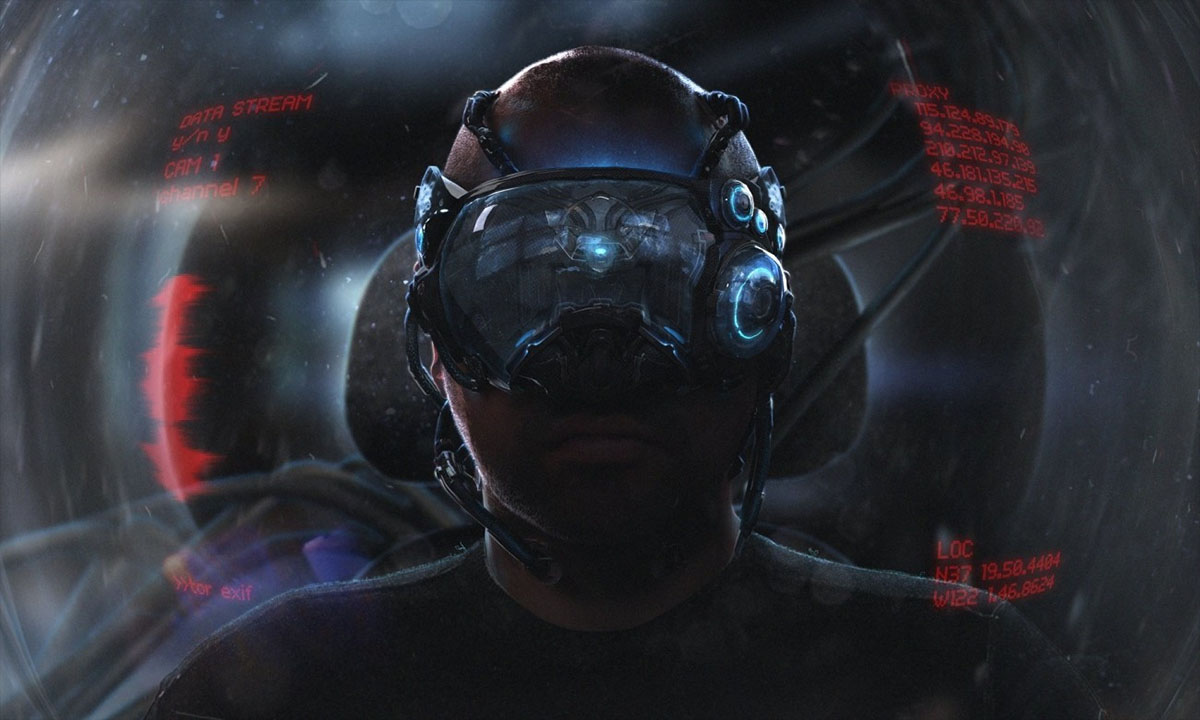when your computer won’t let you forget

Imagine that you have access to every second of your life, and not just in a short, summarized form. No, we’re talking about a second by second recording of everything that ever happened to you in your whole lifetime. It’s one of the technologies that Singularitarians believe will bring humans one step closer to digital immortality, and is now the subject of a book by a duo of computer scientists who say that cataloguing every moment of your life and storing it all on future computer networks will become possible in the very, very near future.
Technically, Gordon Bell and Jim Gemmell are correct. Storing plenty of audio, video and basic physiological signals is easy. All you really need is enough storage. But while this idea is feasible and kind of nifty, it’s also highly impractical and the problems it raises may far outweigh the benefits it can offer. Israeli neuroscientist Yadin Dudai sums both the premise behind the concept, and its core problem, best in his review…
It’s an extended corporate US manifesto, whose explicit slogan is: “I hate to lose my memories. I want total recall.” The subtext is a bit more naive: I want total control over my life, I want immortality. If only I could record and store everything, I would become Homo eternicus. […]
For the human condition, forgetting is at least as important as remembering — sometimes more so. No forgetting implies no generalization, no real present time, no amelioration of trauma, and no weaving of meaningful life narratives.
Do you really want to remember everything you’ve ever done considering how many of us have moments we’d rather not bring up? And can you imagine the monumental invasions of privacy when it comes to a court case in which lawyers request access to the libraries of data files about your life to find the evidence they want and publicly air it during hearings? Your life would not just become an on-demand reality show, and one that’s up for review, scrutiny and even hacking by curious strangers with potentially nefarious motives. Another thing to ponder is how much do you want to flood the web with the minutia of everyday life? It’s not like we don’t do this already with the overuse overly personal tweets and status messages on Facebook to the ever-present hum of people who think that much of social media is a waste of bandwidth and storage space.
But of course, there’s an interesting undertone to this book. It’s actually a promotional piece behind the idea of digitally storing your important documents and selling software that lets you manage this media library with a software package like MyLifeBits. One wonders why you can’t do that with existing media libraries which give you plenty of options for organizing and annotating your media files, and how exactly this research is anything new, exciting or revolutionary, but then again, this is the tech world’s way of pitching a new brand of software. It has to be presented as The Next Big Thing, even when the basic idea has been around since Neolithic times and we’ve already come up with dozens of perfectly viable ways for accomplishing the tasks involved.





